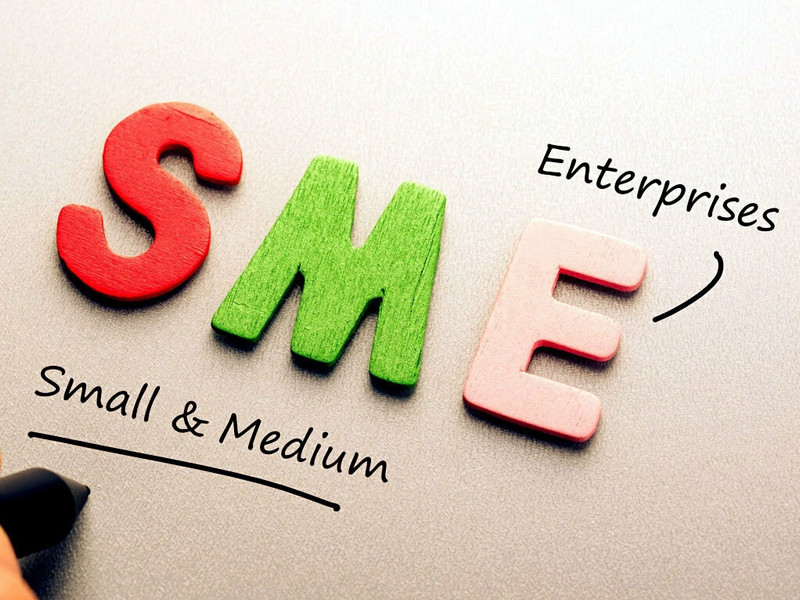-

-
-
Loading

Loading


The Small and Medium Enterprises Development Authority (Smeda), in collaboration with the International Labour Organisation (ILO), has started working on a programme titled "National roadmap for transition of informal businesses towards business formalisation" aimed at lifting small and medium-scale enterprises (SMEs) to new heights. The SME sector is the backbone of any country and Pakistan has roughly 5.2 million SMEs as per a survey conducted during 2020-21. Smeda, in partnership with the ILO, carries out the mapping of barriers and opportunities to address the informal nature of enterprises. There are two types of businesspersons – one who is ready for formalisation and the other who is unaware of it. A technical working group, which has already been formed, includes all the main stakeholders such as representatives of trade bodies, public and private sector organisations, provinces and experts. The first meeting of the working group was held recently. The "National roadmap for transition of informal businesses towards business formalisation" was launched in 2024 and now work has begun where textile and auto sectors have been picked as the pilot project. Starting with the textile and auto sectors, Smeda plans to target other key areas as well. If the SMEs look at benefits and incentives, entrepreneurs will be willing to formalise their units. While formalising the SMEs, Smeda aims to lift micro to small, small to medium and medium to large enterprise levels. If the SMEs are registered, the government can get targets to support and develop them. If the state offers schemes such as access to finance, rise in exports and others, the formalised units can benefit from them. Talking to The Express Tribune on Saturday, Smeda CEO Socrat Aman Rana said, "The prime minister has asked us to gather exact data of SMEs according to the latest digital census. We are working on it and have completed data collection in three main cities including Karachi and Faisalabad and work in the rest of cities will be done soon. Complete data will serve as a benchmark for the SMEs." Speaking about the benefits of the programme, Rana said the formalisation of SMEs would result in easy documentation, access to law and taxation system, facilitation of digital trade to ensure transparency, incentives for export-oriented enterprises, a better supply chain, compliance with export orders, participation in trade fairs and exhibitions, skill development, capacity building, access to international markets and loans. He also shared the challenges, which included information gaps, lack of awareness about market intelligence, properly getting and delivering orders abroad, compliance costs following certifications, connectivity issues and more such obstacles. SME sector expert Mashood Khan, who attended the first meeting of the technical group, said to bring all home-based units and economic establishments under the tax net, they would be registered or formalised. The group would conduct research while consulting entrepreneurs across the country, he said. Apart from the formalisation programme, the Smeda CEO said, "The authority is also running three other programmes; first, the government has approved an SME fund. Out of the fund, Rs5 billion is being issued to Smeda this year. It will invest this amount and through the return, we will be able to bankroll SMEs on the basis of some good and attractive proposals." Secondly, a programme related to financial access is set to be launched. Before giving loans, the credit scoring of SMEs will be ensured, while training and capacity building will be done and non-financial advisory services will be offered Thirdly, the CEO mentioned a programme aimed at enhancing exports, benchmarking potential exporters and addressing shortcomings of exporters.
if you want to get more information about this news then click on below link
More Detail